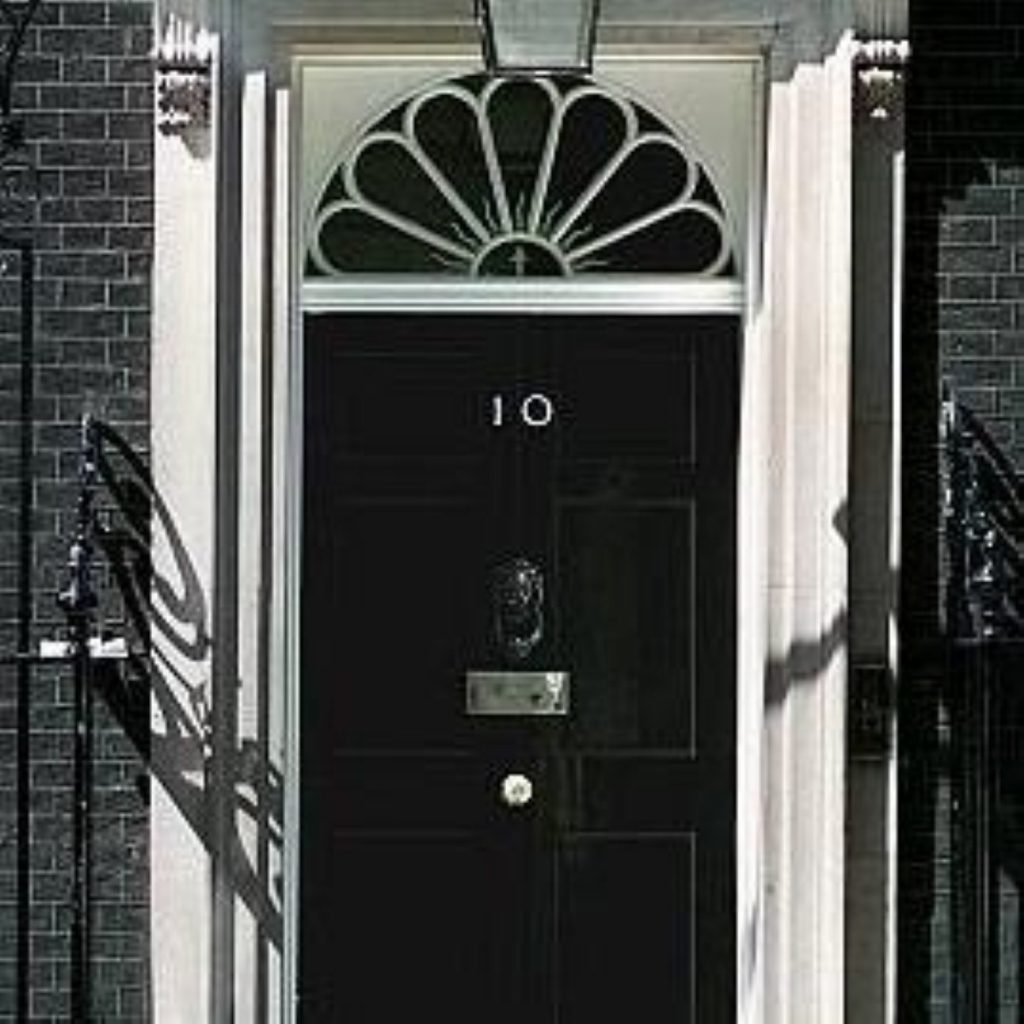Coulson resignation: A beginners’ guide
It’s taken five years, tens of thousands of media reports, several police investigations and a bucket-load of outrage, but Andy Coulson, David Cameron’s director of communications, has finally resigned. Here’s how a story that started with Prince William’s mobile phone ended with a major Downing Street resignation.
By Ian Dunt
August 8th, 2006:
News of the World royal editor Clive Goodman and two associates are arrested and later charged with hacking the phones of members of the royal household following a seven-month Scotland Yard investigation. The scandal leads Andy Coulson to resign as editor of the tabloid paper. He later becomes head of communications for David Cameron. Goodman is jailed.


July 9th, 2009:
Guardian report detonates in Westminster
Assistant commissioner John Yates refuses to re-open the investigation into the News of the World, despite a Guardian report suggesting phone-hacking was conducted against huge numbers of public figures – not just the royals. The story, by celebrated investigative reporter Nick Davies, suggests the practise was not the activity of a few bad apples, but was widespread and tolerated at the highest levels.
Sketch: Commons erupts over Guardian story
Labour and Liberal Democrat MPs promptly get themselves in a flap over the Guardian allegations.
Comment: The British media is failing the public
politics.co.uk hosts a comment piece arguing that the Guardian story has revealed systemic failings in the British media landscape.
July 21st, 2009:
Coulson survives committee hearing
MPs treat Coulson with considerable scepticism as he tells him them he knew nothing of the phone-hacking happening during his tenure as editor of News of the World. “I never condoned the use of phone-hacking, nor do I have any recollection of phone-hacking taking place,” he insists.
MPs on the Commons culture, media and sport committee try to wring results from News of the World executives. And fail.
February 24th, 2010:
Commons committee cite phone-hacking as evidence of media decline
Parliamentarians cite the phone-hacking row as evidence that British journalism has fallen into disrepute. By now the matter has fallen to the sidelines again.
September 2nd, 2010:
Phone-hacking row blown open again
The row over phone-hacking is blown wide open again, after the New York Times ends a three-month investigation with a wealth of new evidence and witness testimony. The News of the World writes it off as comment from unnamed sources. The report suggests Coulson was well aware of the practise while he was editor.
September 3rd, 2010:
Inquiry demanded into new revelations
Senior Labour figures demand an inquiry into the New York Times allegations. Former deputy prime minister John Prescott, one of the alleged victims of phone-hacking, demands a judicial review.
September 6th, 2010:
Scotland Yard reopens the case. It begins by asking the New York Times and the Guardian for their evidence – an appeal which is brutally rebuffed. Home secretary Theresa May manages to evade damage by insisting that the police inquiry means she simply can’t comment. Coulson makes himself available to the Met.
Comment: Phone-hacking, journalism and the free market
politics.co.uk hosts a comment piece on how the phone-hacking affairs demonstrates the need for a state-funded media.
Sketch: Labour wobblers’ hacking horrors
The phone-tapping row forces MPs to confront a truth more horrifying than many have ever encountered: that someone might actually be listening to them.
September 7th, 2010:
Commons committee agrees to look into the laws surrounding surveillance as a result of the case.
The home affairs committee agrees to look into the laws around surveillance, as the repercussions of the phone-hacking allegations are felt across the political world.
September 9th, 2010
Commons unites for phone-hacking inquiry
The standards and privileges committee agrees to look into whether police failed in their duty of care towards MPs following allegations of sloppy investigating in the phone-hacking case. Former Europe minister Chris Bryant, who claims his phone was hacked, delivers an eloquent demand for the inquiry as he leads the debate.
September 16th, 2010:
Boris dismisses phone-hacking ‘codswallop’
The London Mayor tries to dismiss phone-hacking allegations as politically motivated “codswallop”.
November 12th, 2010:
Met hands evidence file to the CPS
Scotland Yard hands a new file of evidence to the CPS. Expectations are raised that more prosecutions might be forthcoming.
December 9th, 2010:
Coulson in court over Sheridan lawsuit
Andy Coulson gives his first comments on oath over the phone-hacking allegations.
January 5th, 2011:
News of the World news editor suspended over row
Ian Edmondson, a news editor at the News of the World, is suspended over the row, triggering a fresh bout of speculation. Soon afterwards, the newspaper starts an internal investigation. Many analysts believe it is this process which eventually makes Coulson’s position untenable.
January 14th, 2011:
The CPS decides to re-examine evidence
Suddenly the internal investigation is put in the shade by renewed interest from Keir Starmer, the director of public prosecutions.
January 21st, 2011:
Westminster in turmoil as Andy Coulson resigns
Coulson resigns, in a move many assume is timed to minimise media coverage. The spin doctor picks the day of Tony Blair’s return to the Iraq inquiry to announce his exit. The tactic is not successful, although the former prime minister is probably grateful. Most news outlets switch to covering the Coulson story. The current prime minister is left facing questions about his judgement and without one of his most important allies.

